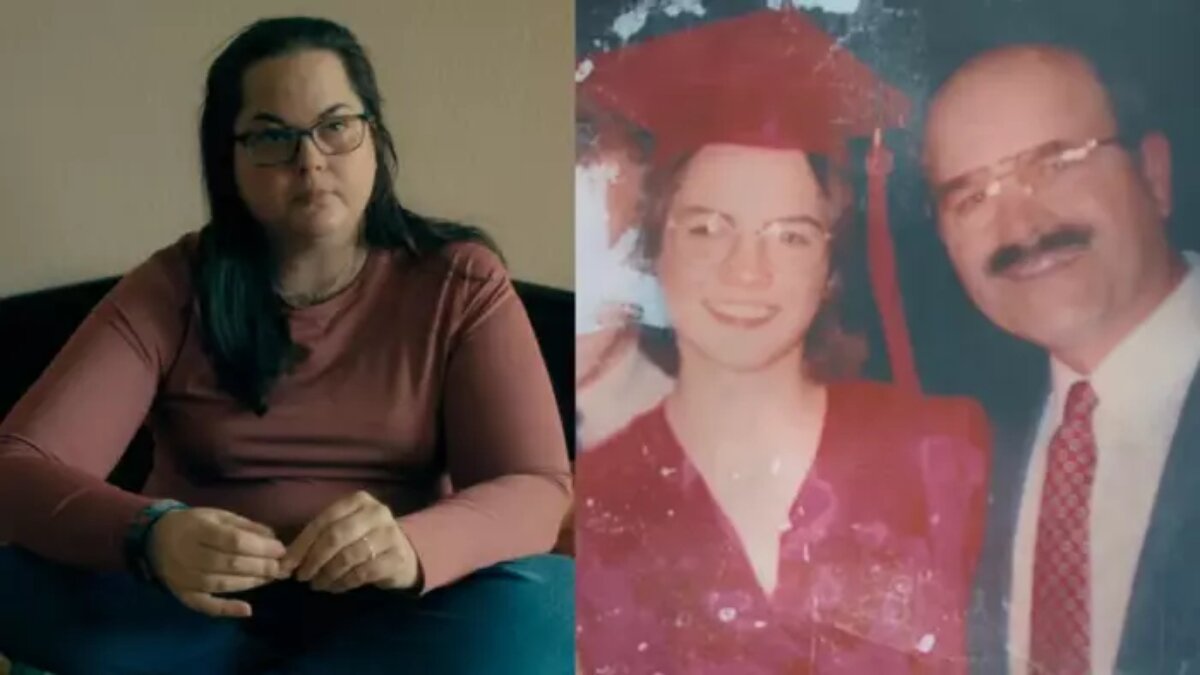The Netflix true-crime documentary My Father, the BTK Killer, directed by Skye Borgman, examines one of the darkest and most disturbing cases in American history — that of Dennis Rader, the BTK Killer. Between 1974 and 1991, Rader terrorised Kansas with a string of murders marked by sadistic precision. The documentary unfolds through the emotional lens of his daughter, Kerri Rawson, who revisits the trauma of discovering that the man she loved and trusted was a remorseless serial killer. Based on her 2019 memoir A Serial Killer’s Daughter: My Story of Faith, Love and Overcoming, the film traces her attempt to reconcile the loving father she knew with the monster the world came to fear.
Born in 1978, Kerri Rawson grew up believing she had a normal, peaceful life in Wichita, Kansas. Her father, Dennis Rader, was a respected church leader, a Cub Scout volunteer, and a family man who appeared devoted to his wife and two children. Nothing in her upbringing hinted at the horror lurking beneath the surface. It wasn’t until February 2005, when Kerri was twenty-six and newly married, that her world fell apart. That month, Dennis was arrested and confessed to killing ten people over nearly two decades. Kerri found out about his crimes the same way most of America did — through the news. The revelation shattered her sense of identity, forcing her to come to terms with a truth that felt impossible to accept.
In My Father, the BTK Killer, Kerri recalls the shock and emotional devastation of that moment. She describes the memories of a father who tucked her into bed, attended church with her, and enforced strict family routines — yet also exhibited flashes of controlling and unpredictable anger. According to Kerri, her father could switch from calm to furious “on a dime” if something upset him. He insisted on deciding where the family went, what they watched, and even who got food first at the table. For Kerri, those quirks once seemed like typical authoritarian parenting. Only later did she understand they were glimpses into his obsessive need for control — the same trait that fuelled his crimes.
Now forty-seven, Kerri Rawson has dedicated her life to speaking openly about trauma, faith, and forgiveness. She is an author, a public speaker, and a victims’ advocate who helps others affected by familial violence and betrayal. Despite suffering from PTSD since learning about her father’s secret life, Kerri has worked toward healing — not by denying her past but by confronting it head-on. Her story, as told in My Father, the BTK Killer, is not only a chilling exploration of one of America’s most infamous murderers but also a moving portrait of a daughter reclaiming her voice and identity from the shadow of unimaginable horror.


